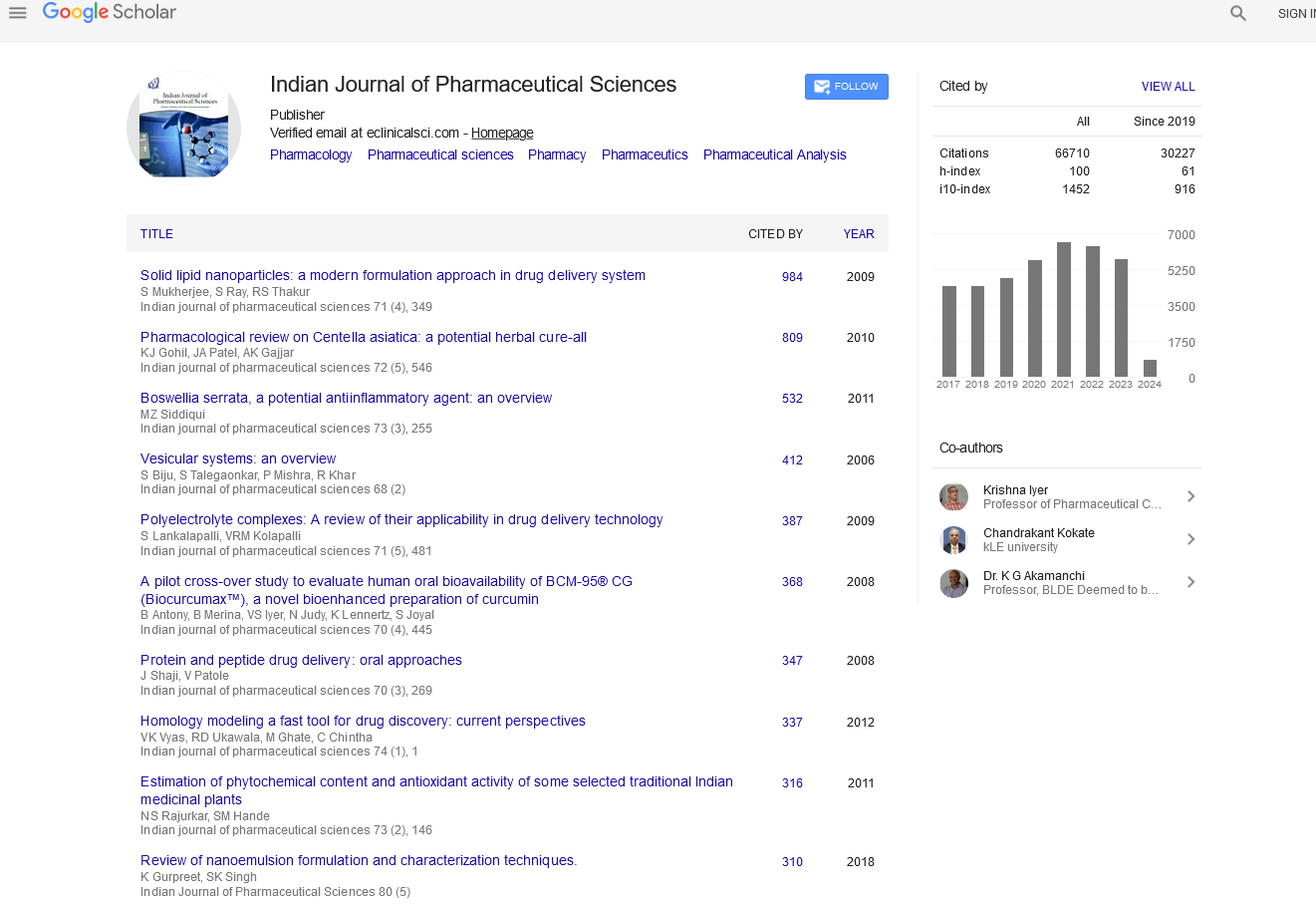Abstract
Therapeutic effects of policosanol and atorvastatin against global brain ischaemia-reperfusion injury in gerbils
Centre of Natural Products, National Centre for Scientific Research, Cubanacan Havana City, Cuba
Correspondence Address:
V Molina Centre of Natural Products, National Centre for Scientific Research, Cubanacan Havana City Cuba E-mail: vivian.molina@cnic.edu.cu
Stroke is the third cause of death and the first of permanent adult disability. Pretreatment with policosanol and atorvastatin has been effective in experimental models of cerebral ischaemia in rodents. The objective was to compare the therapeutic effects of policosanol and atorvastatin in a model of global cerebral ischaemia in gerbils. Gerbils were distributed into seven groups, a negative control and six with ischaemia-reperfusion-induced global cerebral ischemia (one vehicle positive control, two policosanol (100 and 200 mg/kg), two atorvastatin (10 and 20 mg/kg) and one aspirin (60 mg/kg) group). Treatments were given 4 h after ischaemia induction. Effects on ischemia-reperfusion-induced symptoms, hyperlocomotion, damage of pyramidal hipoccampal neurons and increased plasma oxidative markers were investigated. Positive, not negative controls, exhibited clinical symptoms, hyperlocomotion, neuronal damage and increased plasma oxidative markers. Policosanol (100 and 200 mg/kg) reduced significantly ischemia-reperfusion-induced symptoms, the frequency of symptomatic animals, histological scores of neuronal damage and plasma oxidative markers as compared with the positive control group. Atorvastatin (10 and 20 mg/kg) decreased significantly the symptoms and histological scores, but unchanged the frequency of symptomatic gerbils and oxidative variables. Only the highest dose of policosanol (200 mg/kg) and atorvastatin (20 mg/kg) reduced significantly ischemia reperfusion-induced hyperlocomotion, policosanol being the most effective. Aspirin 60 mg/kg lowered significantly symptom score, the rate of symptomatic gerbils and hyperlocomotion versus the positive controls, but failed to modify oxidative parameters. In conclusion, postreperfusion treatment with policosanol and atorvastatin was effective for ameliorating symptoms, hyperlocomotion and neurological damage of hippocampal CA1 neurons in gerbils with ischemia-reperfusion-induced global cerebral ischemia, but only policosanol reduced increased plasma oxidative variables.





